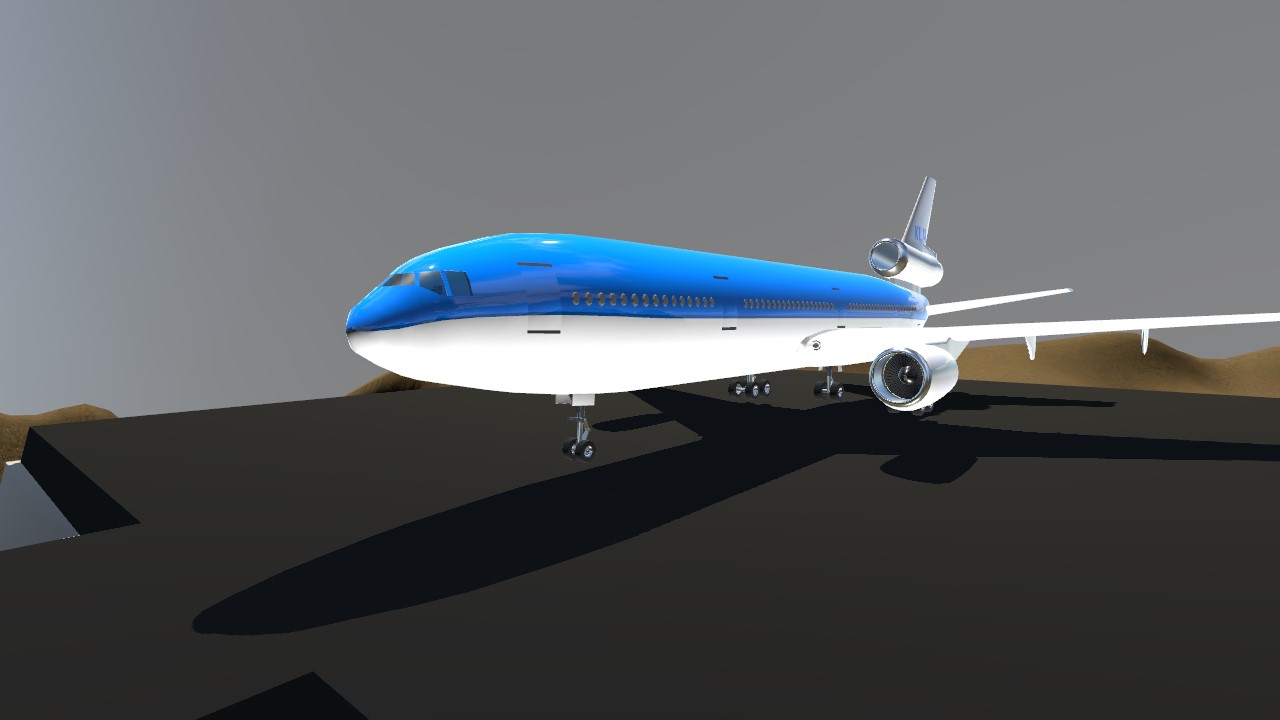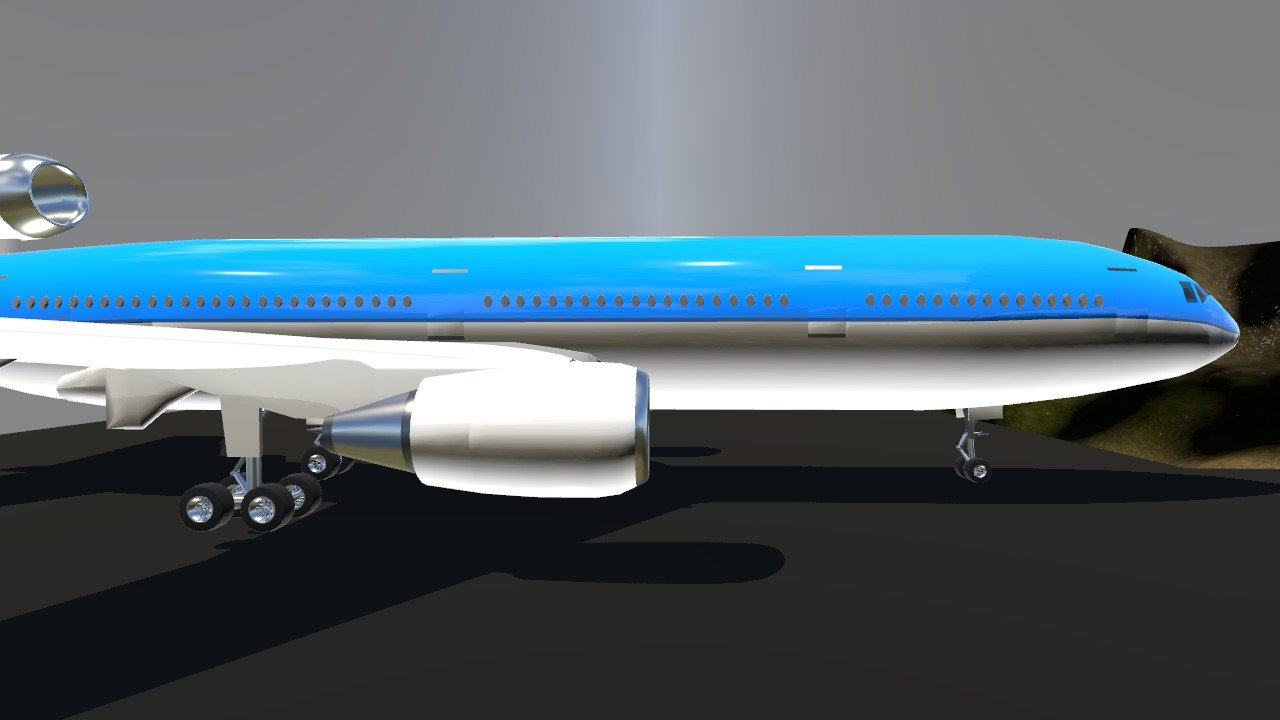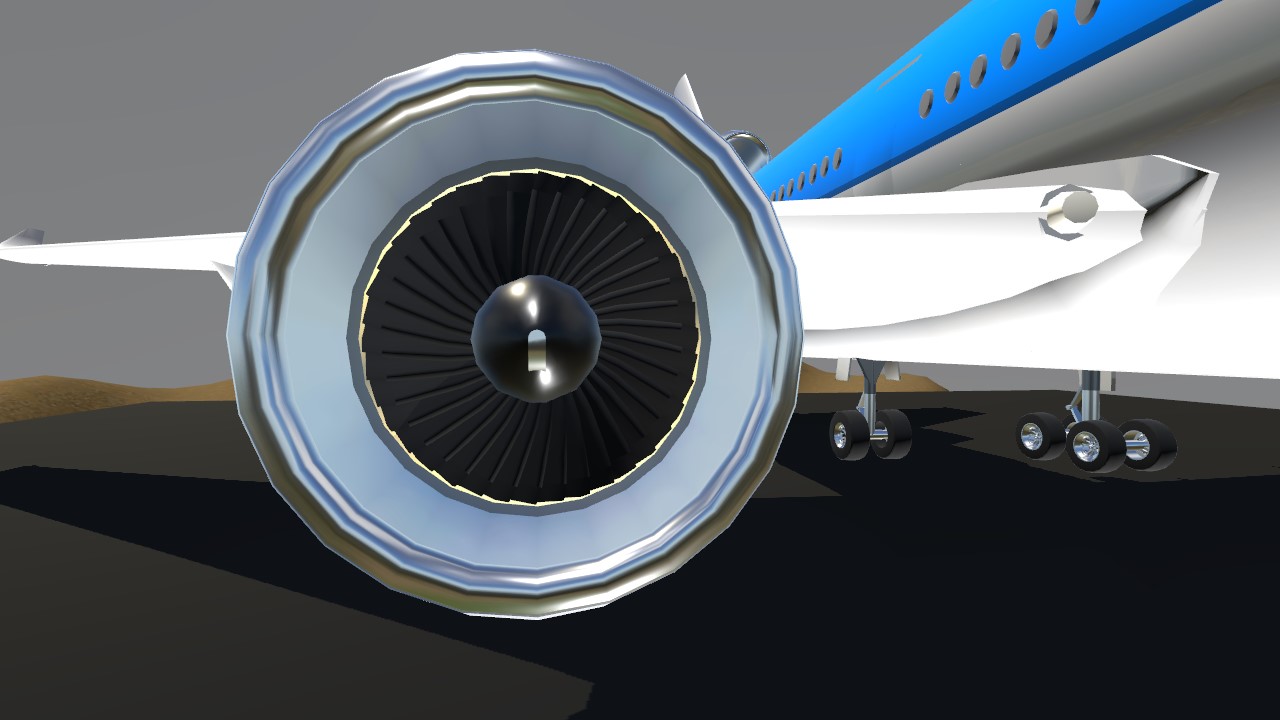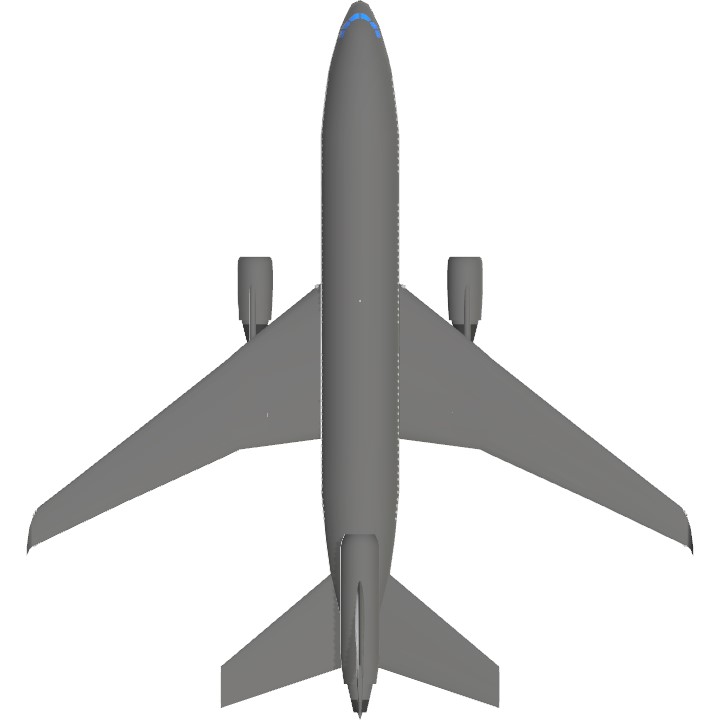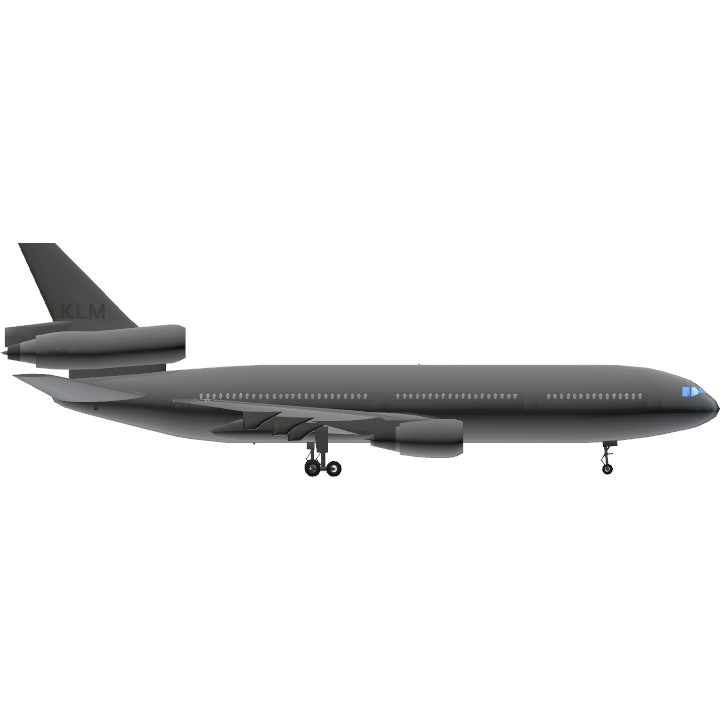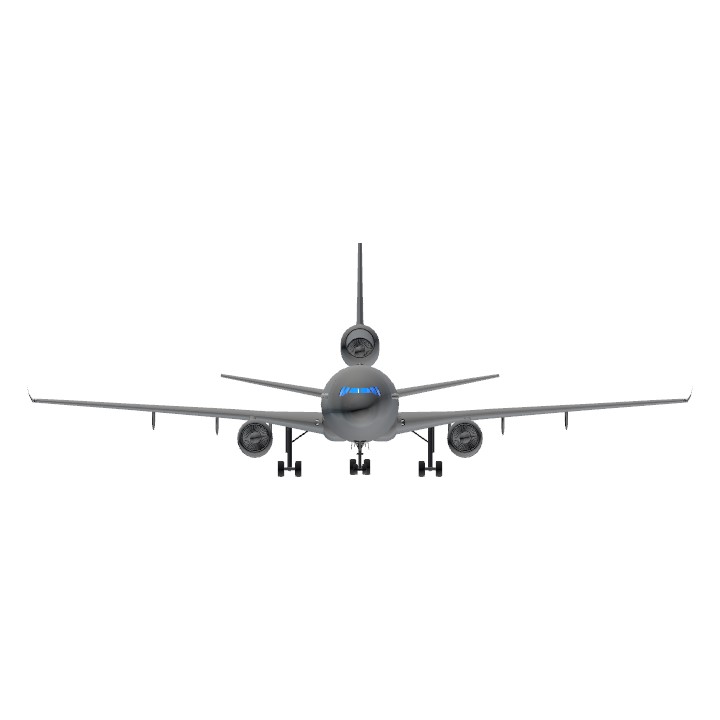The McDonnell Douglas DC-10 is an American trijet wide-body aircraft manufactured by McDonnell Douglas. The DC-10 was intended to succeed the DC-8 for long-range flights. It first flew on August 29, 1970; it was introduced on August 5, 1971, by American Airlines. The trijet has two turbofans on underwing pylons and a third one at the base of the vertical stabilizer. The twin-aisle layout has a typical seating for 270 in two classes. The initial DC-10-10 had a 3,500 nmi (6,500 km) range for transcontinental flights. The DC-10-15 had more powerful engines for hot and high airports. The DC-10-30 and -40 models (with a third main landing gear leg to support higher weights) each had intercontinental ranges of up to 5,200 nmi (9,600 km). The KC-10 Extender (based on the DC-10-30) is a tanker aircraft operated primarily by the United States Air Force.
Specifications
General Characteristics
- Predecessor DC-10-30 KLM
- Created On Windows
- Wingspan 168.2ft (51.3m)
- Length 181.7ft (55.4m)
- Height 59.0ft (18.0m)
- Empty Weight N/A
- Loaded Weight 137,257lbs (62,258kg)
Performance
- Power/Weight Ratio 1.291
- Horse Power/Weight Ratio 0.524
- Wing Loading 29.2lbs/ft2 (142.6kg/m2)
- Wing Area 4,700.5ft2 (436.7m2)
- Drag Points 15696
Parts
- Number of Parts 645
- Control Surfaces 9
- Performance Cost 4,729

